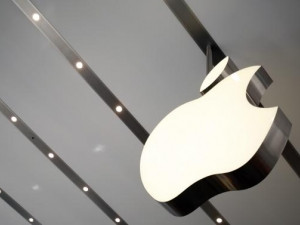
Apple has not integrated technology into its devices that could potentially save users' lives in emergency situations, even though it was called on to do so two years ago.
Created by the European Emergency Number Association (EENA), Advanced Mobile Location (AML) technology allows emergency services to locate exactly where a caller is calling from.
It has been integrated into Android devices since June 2016, on most devices operating Android Gingerbread and above. EENA asked both companies to consider integration in 2015.
There have been several incidents in which AML was used to save lives. In Estonia, children called an emergency service when their toaster caught alight. They did not know their address, only the street name, so the emergency services used AML to figure out which house it was and successfully saved the children.
Other examples include hikers in Belgium who did not know their exact position but needed help when a member of the group suffered a broken leg, and a cyclist in Austria who hurt her head and could not think properly. In New Zealand, an operator was able to save a man who called in to say he was having suicidal thoughts but did not disclose his location.
EENA has urged Apple in a public letter to consider incorporating the technology.
"For months, EENA has tried to establish contact with Apple to work on a solution that automatically provides accurate location derived from iPhones to emergency services and rescuers. Unfortunately, with no result.
"Emergency services themselves, as well as other stakeholders, are publicly stressing the need for Apple to work on AML."
The service has not yet been activated in SA for Android or Apple but EENA says it is working on adding more countries all the time. The association says any emergency service can receive AML information, as the carriers need only create an SMS or HTTPS endpoint so that the AML information can be received.
"As AML is being deployed in more and more countries, iPhone users are at a disadvantage compared to Android users in the scenario that matters most: an emergency.
"EENA recognises the efforts of Apple to improve the safety of their customers. The SOS functionality of the Apple Watch can automatically send the location of a caller to a specified contact. Nevertheless, this functionality should be extended to mobile phones, and the location should be sent to emergency services and rescuers as well - the people who primarily need this information," the association said in the letter.
The SOS function on Apple currently sends the user's location to a specified contact when pressed, not emergency services.
AML is an open source protocol and any smartphone manufacturer or operating system provider can integrate it in their products. It is not an app that needs to be downloaded.
It does not track the location of the phone at all times. It is only activated when an emergency call is placed.
Share